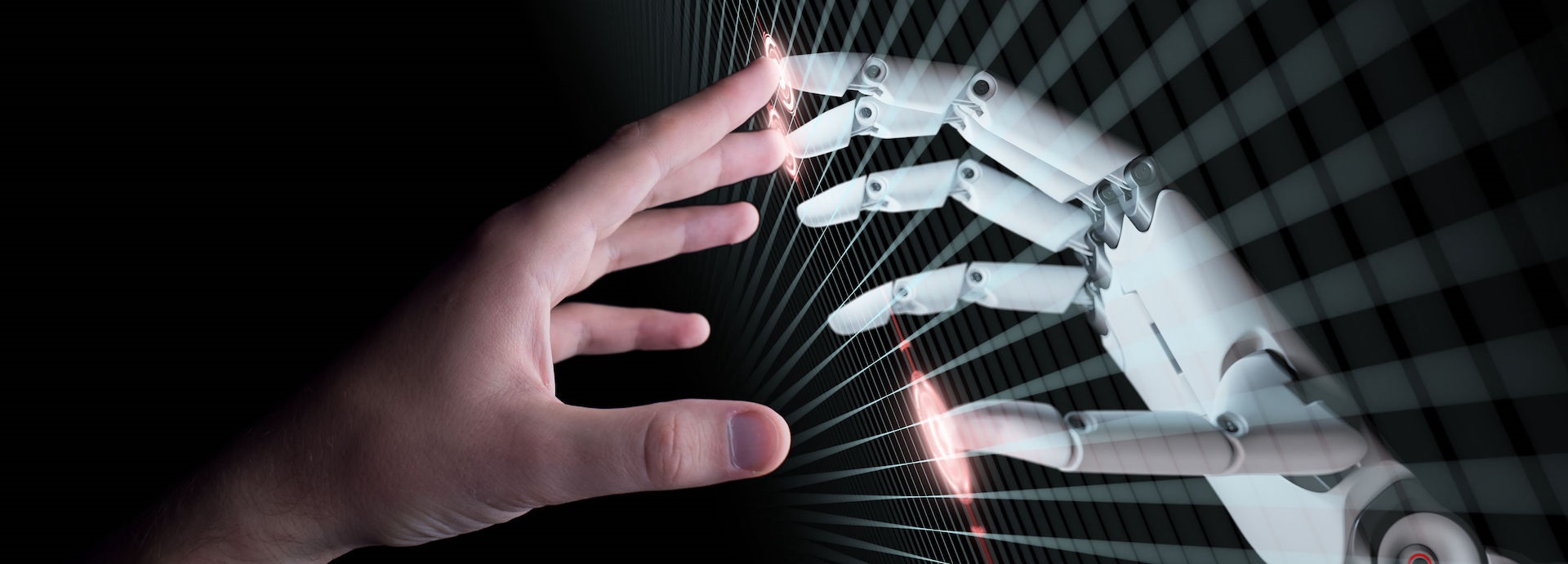

AI is everyone’s business. By capitalising on the strengths of both humans and AI to form an enhanced collaboration, we could open new, previously unimagined frontiers, predicts Paul R. Daugherty, Accenture’s Group Chief Executive
- Technology and CTO. He also believes this would be far more powerful than either one alone.
Together with co-author H. James Wilson, Global Managing Director of Thought Leadership and Technology Research at Accenture, their new book “Radically Human” reveals how new technology is transforming business and shaping our future. The pair have also explored why people and not the algorithms they deploy will be the reason most companies succeed.
Using examples of brands like Etsy, the NFL, McDonald’s and L.L. Bean, all of which are successfully applying human-centred AI to achieve impressive positive outcomes, the Accenture duo defined four key dimensions needed for this radical approach: talent, sustainability, experiences, and most importantly – trust.
When designed ethically, AI can accelerate the potential for responsible collaborative intelligence, where human ingenuity converges with intelligent technology.
Daugherty elucidates, “When designed ethically, AI can accelerate the potential for responsible collaborative intelligence, where human ingenuity converges with intelligent technology. This creates a foundation for trust with consumers, the workforce,
and society, and can boost business performance and unlock new sources of growth.”
Trust and control
According to the BCG Henderson Institute, responsible AI usually follows a technology-based approach. And therein lies the problem. Scientists focus on the technical challenge of building goodness and fairness into AI and that is logically impossible
to accomplish unless all humans are good and fair. AI is only as good or bad as the scientists building it.
BCG’s report states that AI failure-related risks are at their highest when timely human intervention isn’t possible. Therefore, maintaining human control is central to responsible AI.
A good example is Wärtsilä SmartMove Suite, which automates repetitive docking and transit tasks to enhance the crew’s capabilities on board. This machine learning technology empowers the ship’s captain to complete a manoeuvre by
following a set of pre-determined waypoints that are established during a vessel’s commissioning trials.
Building better Human-AI partnerships
“This is a good way to enhance safety and augment the skills of the captain and crew. SmartMove technology helps to free up crew time for more crucial responsibilities during transit and docking,” says Michael Ford, Area Sales
Director, Smart Vessel, North America, Wärtsilä
Similarly, Wärtsilä’s Advanced Situational Awareness System (ASA) helps ship captains focus on the vessel’s situational awareness from the bridge by providing enhanced visibility of what is happening around the vessel. It helps them cope with visibility issues like congested waterways, adverse weather conditions, and limited visibility.
SmartMove technology helps to free up crew time for more crucial responsibilities during transit and docking.
Wärtsilä is not alone. There is an increasing realisation across leading companies that when AI and humans collaborate and shape each other, there is a better chance for augmenting positive outcomes. “Rather than merely streamlining how
businesses currently do work, AI systems can serve as agents of change across organisations, transforming both how and what businesses do,” posits Daugherty.
That transformation is essential from an economic as well as a social standpoint. With AI coming under scrutiny the world over, businesses need to be aware of the broader impact of automation.
Did you like this? Subscribe to Insights updates!
Once every six weeks, you will get the top picks – the latest and the greatest pieces – from this Insights channel by email.

